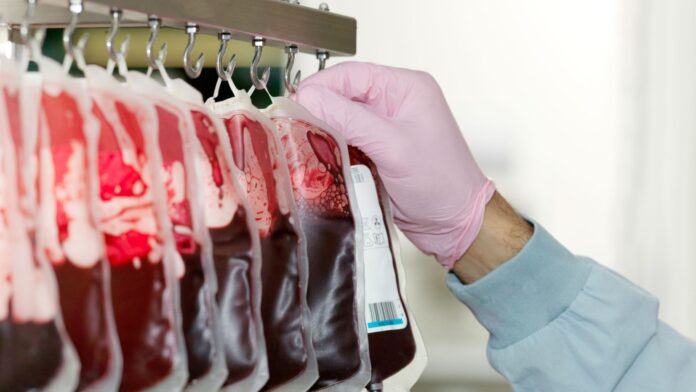In the 1970s and 1980s, over 30,000 people in the UK were infected with HIV and Hepatitis C due to contaminated blood products, making it the largest treatment disaster in NHS history.
Today, a public inquiry will release its findings on this devastating issue.
The victims of this tragedy are set to be compensated with at least £10 billion and to receive an official apology from the prime minister, acknowledging their suffering.
The two main groups affected by this contaminated blood scandal were people who required blood transfusions and those with bleeding disorders who needed blood or blood products as part of their treatment. Patients with conditions such as haemophilia, which impairs blood clotting, were particularly affected.
During the 1970s, a new treatment using donated human blood plasma was introduced to replace clotting agents, but these plasma products, like Factor VIII, were often sourced from the US where donors, including prisoners, were paid, leading to the contamination of entire batches with deadly viruses.
As a result, about 1,250 people in the UK developed HIV and Hepatitis C, and many later died from AIDS-related illnesses. Additionally, another 2,400 to 5,000 people developed Hepatitis C, which can lead to severe liver conditions.
The inquiry ordered by former Prime Minister Theresa May in 2017 has investigated the treatment of thousands of people exposed to contaminated blood products. The probe, which has cost more than £130 million, has heard from various witnesses, including victims, families, politicians, and scientists.
The government is working on setting up a compensation body to address the needs of victims and their families. Ministers have already paid out over £400 million in compensation and are expected to pledge billions more to the affected families.
Ministers also announced that interim payments would be extended to the estates of the deceased victims. The aim is to provide justice to those who suffered due to this scandal, which is considered one of the worst tragedies in the history of the NHS.
The infected blood community has lauded the efforts of the inquiry chairman, Sir Brian Langstaff, for his compassionate approach. Victims are hopeful that the inquiry’s report will be fair and balanced.
As the search for justice continues, it is crucial to raise awareness about the tainted blood scandal and ensure that anyone who received blood products between 1970 and 1991 gets tested for Hepatitis C and HIV, as many individuals may be at risk without realizing it.

